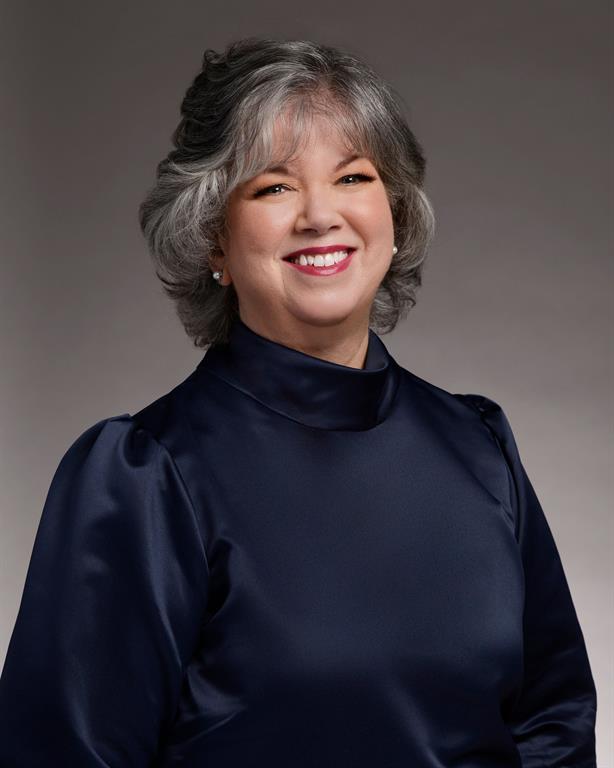Award of Excellence
 A landmark Human Rights Tribunal of Ontario decision ensuring access to public washrooms. An innovative Disability Law course at Toronto Metropolitan University’s Lincoln Alexander School of Law. Clear masks provided across the University Health Network’s Toronto hospitals to support patients with hearing loss who rely on lipreading. Comprehensive policy reforms at Great Wolf Lodge in Niagara Falls guaranteeing greater accessibility for children with mobility issues.
A landmark Human Rights Tribunal of Ontario decision ensuring access to public washrooms. An innovative Disability Law course at Toronto Metropolitan University’s Lincoln Alexander School of Law. Clear masks provided across the University Health Network’s Toronto hospitals to support patients with hearing loss who rely on lipreading. Comprehensive policy reforms at Great Wolf Lodge in Niagara Falls guaranteeing greater accessibility for children with mobility issues.
These achievements represent just a fraction of human rights lawyer Lorin MacDonald’s transformative impact—work that has inspired advocates nationwide, restored dignity to people with disabilities across Canada, and earned her appointments to the Order of Canada and the Order of Ontario, as well as induction into the Canadian Disability Hall of Fame.
“When I witness the tangible impact of accessibility advocacy, it's profoundly affirming,” MacDonald says. “Seeing captioning introduced in universities where students can fully participate or watching the ripple effects of the Human Rights Tribunal case upholding a woman's dignity through washroom rights—these moments validate decades of persistence.”
Persistence and resilience have been MacDonald’s cornerstone strengths, enabling her to overcome systemic barriers, transform individual legal cases into landmark policy shifts, and maintain an unwavering commitment to those she advocates for.
“I have been doing this work for nearly 40 years—believe me, there were more failures than victories. However, I view defeats not as failure because the seed has been planted and will bear fruit at the right time,” she says.
MacDonald embodies the ideals of EKO’s Tribute Award for Excellence. Her influence permeates hospital corridors, restaurant entrances, courtrooms, classrooms, recreational facilities, and university campuses. She has fundamentally reshaped societal perspectives on disability rights, championing equity and inclusion across intersecting identities with a reach that extends from grassroots social media campaigns to legislative discussions on the Senate floor. MacDonald remains clear-eyed about the work ahead despite her impressive accomplishments:
“The journey toward inclusion isn't complete. Canadians with disabilities still face challenges in employment, healthcare, education, and digital spaces. Proactive disability perspectives need to be embedded in decision-making processes rather than implemented as reactive afterthoughts.”
Drawing from personal experience, she concludes: “Having lived with profound hearing loss my entire life, I understand firsthand the frustration of unnecessary barriers—and the liberation that comes upon their removal.